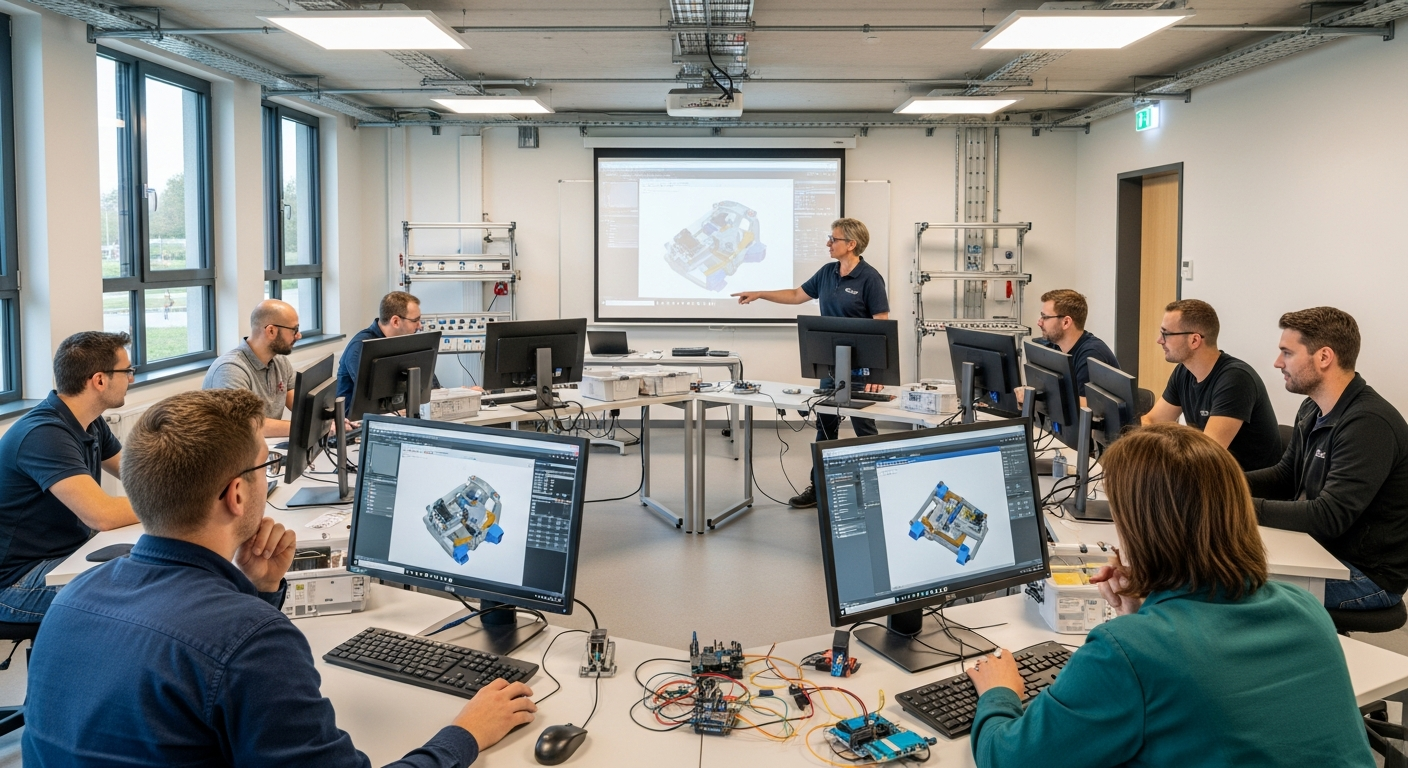Micromastery: The Career Hack You've Never Heard Of
In a world obsessed with big achievements and grand career trajectories, a revolutionary approach to skill acquisition and professional development is quietly gaining traction. Enter micromastery, the art of cultivating expertise in highly specific, niche skills that can transform your career landscape. This innovative concept challenges traditional notions of learning and success, offering a fresh perspective on how we approach personal and professional growth in an increasingly competitive job market.

The Origins of Micromastery
The concept of micromastery was first introduced by Robert Twigger in his book Micromastery: Learn Small, Learn Fast, and Unlock Your Potential to Achieve Anything. Twigger drew inspiration from various cultural practices, including Japanese tea ceremonies and martial arts, where mastery of minute details is highly valued. He observed that by focusing intensely on small, specific skills, individuals could achieve a sense of accomplishment and expertise more quickly than through traditional, broader learning approaches.
This idea resonated with many in the professional development world, who saw its potential for application in career advancement. The concept aligns well with the modern job market’s demand for specialized skills and adaptability, making it a natural fit for those looking to enhance their professional profiles rapidly and effectively.
The Psychology Behind Micromastery
At its core, micromastery taps into several psychological principles that make it an effective learning and career development strategy. The concept leverages the power of small wins, a theory proposed by psychologist Karl Weick. This theory suggests that achieving small, concrete goals can boost motivation and confidence, leading to increased productivity and satisfaction.
Additionally, micromastery aligns with the principles of deliberate practice, a concept popularized by psychologist Anders Ericsson. Deliberate practice involves focused, repeated efforts to improve performance in specific areas. By applying this principle to small, manageable skills, micromastery allows individuals to achieve expertise more quickly and efficiently than traditional learning methods.
Implementing Micromastery in Your Career
To incorporate micromastery into your career development strategy, start by identifying small, specific skills within your field that could set you apart. These could be technical skills, soft skills, or even niche knowledge areas. The key is to choose skills that are specific enough to master quickly but valuable enough to make a significant impact on your professional profile.
Once you’ve identified a skill, dedicate focused time to mastering it. This might involve setting aside 15-30 minutes daily for practice, seeking out expert resources, or finding opportunities to apply the skill in real-world situations. The goal is to achieve a level of expertise that goes beyond basic competence, allowing you to showcase your mastery in professional settings.
The Impact of Micromastery on Career Advancement
Embracing micromastery can have a profound impact on your career trajectory. By developing a diverse array of highly specific skills, you position yourself as a versatile and valuable asset to employers. This approach allows you to adapt quickly to changing job requirements and industry trends, making you more resilient in an ever-evolving job market.
Furthermore, the confidence gained through micromastery can translate into improved performance in other areas of your career. As you experience success in mastering small skills, you’re likely to approach larger challenges with increased self-assurance and problem-solving ability.
Micromastery and the Future of Work
As the job market continues to evolve, the ability to quickly acquire and master new skills will become increasingly valuable. Micromastery offers a framework for continuous learning and adaptation that aligns perfectly with the demands of the future workplace. By cultivating a mindset of constant skill acquisition and refinement, professionals can stay ahead of industry trends and technological advancements.
Moreover, the micromastery approach can help bridge the skills gap that many industries are currently facing. By allowing individuals to quickly develop expertise in emerging areas, this strategy can help meet the demand for specialized skills in rapidly evolving fields.
Challenges and Considerations
While micromastery offers numerous benefits, it’s important to approach it strategically. One potential pitfall is becoming too focused on narrow skills at the expense of broader knowledge and experience. To avoid this, it’s crucial to balance micromastery with more comprehensive learning and development efforts.
Additionally, the selection of skills to master should be guided by careful consideration of industry trends and career goals. Choosing skills that align with your long-term objectives and have real-world applications will ensure that your micromastery efforts translate into tangible career benefits.
Conclusion: Embracing the Micromastery Mindset
Micromastery represents a paradigm shift in how we approach learning and career development. By focusing on the mastery of small, specific skills, professionals can rapidly enhance their expertise, boost their confidence, and increase their value in the job market. As we navigate an increasingly complex and competitive professional landscape, the ability to quickly adapt and excel in niche areas will become invaluable.
Embracing the micromastery mindset means committing to continuous learning and improvement, one small skill at a time. It’s an approach that not only enhances your professional capabilities but also brings a sense of achievement and satisfaction to your daily work life. As you build your portfolio of micromastery skills, you’ll find yourself better equipped to tackle challenges, seize opportunities, and chart a unique and successful career path in any industry.






